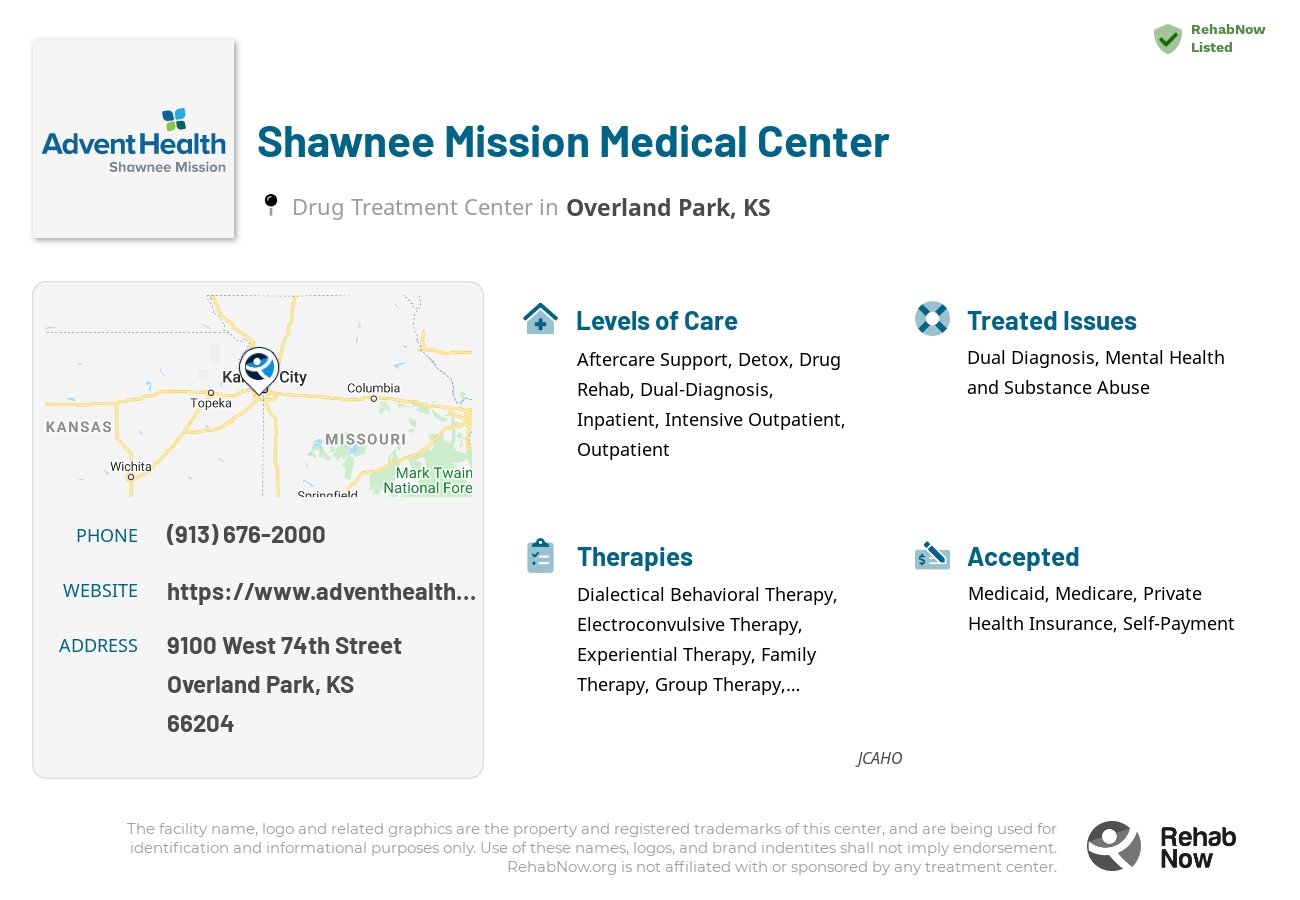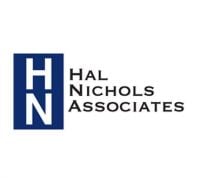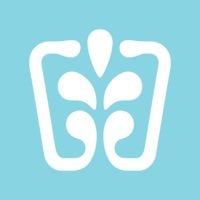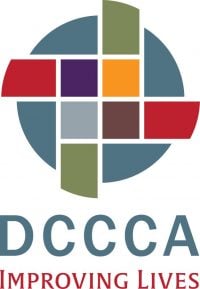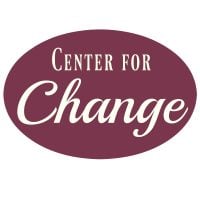Shawnee Mission Medical Center
Drug Rehab Center in Overland Park, Kansas
Shawnee Mission Medical Center's comprehensive drug rehab program is designed to help individuals with dual diagnosis, substance abuse, opioid addiction, and mental health issues reach sobriety through JCAHO accredited services such as aftercare support, detoxification services, an inpatient program, and both intensive outpatient and traditional outpatient levels of care that provide individualized treatment plans.
About Shawnee Mission Medical Center in Kansas
Shawnee Mission Medical Center, nestled in Overland Park, Kansas, is a sanctuary for individuals striving to overcome addiction and mental health challenges. It serves both men and women with a comprehensive approach that spans from inpatient to outpatient mental health treatments. This center stands out for its whole-person care philosophy, ensuring that treatment addresses the physical, emotional, and spiritual needs of each patient.
- Whole-Person Care Approach: Patients receive treatment that encompasses their physical, emotional, and spiritual wellness, emphasizing a path to recovery that heals all aspects of their being.
- Comprehensive Treatment Spectrum: From inpatient to intensive outpatient, along with dual diagnosis treatments, the center offers a wide range of services to meet varied needs.
- Evidence-Based Therapies: Utilizing cognitive behavioral therapy, dialectical behavioral therapy, and more, treatments are grounded in scientifically-backed methods.
Accredited by the Joint Commission on Accreditation of Healthcare Organizations (JCAHO), Shawnee Mission Medical Center adheres to the highest standards in treatment efficacy and safety. The facility's dedication to creating personalized treatment plans underscores its commitment to the unique journey of each individual they serve.
Focusing on addiction to substances such as opioids, along with dual diagnosis conditions, the center offers a variety of treatment methods. These include medication management, individual, family, and group therapy, alongside nutritional and spiritual guidance, providing a multi-faceted plan tailored to the level of care each patient requires.
Genders
Ages
Modality
Additional
Accreditations

JCAHO
Conditions and Issues Treated
Substance abuse creates problems that affect people in Overland Park, KS on many levels. First, substance abuse affects the individual who is abusing drugs or alcohol. This can result in health problems, including heart damage and overdose. Substance abuse also affects the user’s family, friends, co-workers, classmates, or peers. These people feel frustrated because they do not know how to help their loved ones struggling with addiction. At the same time, the addict cannot control his behavior. Lastly, friends and family members of addicts are affected financially by substance abuse.
The good news is that effective treatments can help prevent substance abuse or treat its effects on the user. These treatments, which include behavioral therapy and counseling sessions, target the underlying causes of substance abuse, helping users achieve sobriety so they can regain control over their lives. They also teach users to cope with stress in ways other than using drugs or alcohol.
Opioid addiction has become a significant health problem in the United States. When a person’s life becomes unmanageable because of an opioid addiction, treatment can help them get sober. Treatment includes medical care and counseling.
“With so many people struggling with opioid addiction, we need more care and attention for those who want to quit. Opioid addicts often take opioids when they experience a painful injury – that’s how the cycle starts! When someone begins taking their medication differently than prescribed or takes an excessive amount of drugs, it means they’re hooked on drugs and in danger of overdosing.
The most successful way to beat this is through detoxing from these types treatments at Shawnee Mission Medical Center in . Most facilities start by using medical support during the process while providing counseling services; rehabilitation comes later on after treatment has been completed successfully.
A “dual diagnosis” is when the individual has two medical issues at the same time. The top co-occurring mental disorders with addiction are depression, anxiety, ADHD, bi-polar disorder. Addiction is also considered a mental illness that is not a choice but rather a medical condition. Addiction can be caused by any number of underlying issues.
Dual diagnosis is provided by Shawnee Mission Medical Center to treat addictive tendencies as well as any untreated mental illnesses. This ensures successful long term health and recovery for patients after treatment has been completed.
Dual diagnosis is provided by Shawnee Mission Medical Center to treat addictive tendencies as well as any untreated mental illnesses for people in Kansas. This ensures successful long term health and recovery for patients after treatment has been completed.Levels of Care Offered
This center offers a variety of custom treatment tailored to individual recovery. Currently available are Aftercare Support, Detox, Drug Rehab, Dual-Diagnosis, Inpatient, Intensive Outpatient, Outpatient, with additional therapies available as listed below.
The first level of recovery is detox. It involves giving a person the opportunity to get the toxins out of their body safely. The individual receiving treatment at Shawnee Mission Medical Center typically will get ill during detox, and they will often start using again to get rid of unpleasant emotions and complicated physical responses. It is why having a Kansas medical professional present is so critical. A medical professional can make sure that patients do not start using again during detox and stay physically healthy during the process. They will also have treatment on a mental level to relieve their symptoms and guide them through the process.
Going to an inpatient rehab facility means living there while all aspects of addiction or co-occurring disorder get addressed. The treatment involves medical supervision, therapy, and future planning.
This type of rehabilitation provides a drug-free environment for people who struggle with chronic/long-term addiction without having access to drugs outside the center (or their own home). It takes away any distractions because they live there 24 hours per day. If someone is trying to break out old habits, which could lead them back into substance abuse, things like jobs or school can be put on hold until after they complete their stay to focus solely on recovery.
Outpatient addiction treatment is beneficial for people who are able to function well in their day-to-day lives. It is recommended for people who are not yet ready to end their relationships with friends or family members who might be encouraging drug and alcohol use.
Intensive outpatient treatment is beneficial for:
- People who are able to attend treatment more than 3 times per week.
- People who do not meet the criteria for inpatient treatment.
- People who are able to contribute to their own recovery outside of the treatment center.
- People who are motivated towards recovery.
- People who are able to overcome addiction on their own without the need for higher levels of care.
Outpatient programs at Shawnee Mission Medical Center, the Overland Park resident can live with their family while continuing with their job or studies. Treatment includes educating the patient on drug abuse, medications, and counseling sessions at the individual or group level. Outpatient treatment plans cover diagnosis, detoxification, management, and counseling. They are a popular option for those who have graduated from inpatient facilities.
Without aftercare support, addicts can easily relapse back into addiction. It is crucial to integrate the addict back into society. Aftercare support should take place after outpatient treatment has ended.
There are a few different types of aftercare support that patients can seek after completing an inpatient treatment program:
- 12 Step Self-help groups (AA, NA)
- Therapeutic communities,
- Long-term, structured sober living arrangements
- Halfway houses (residential treatment centers)
Many different support groups exist for addicts to seek help after treatment. Some are more effective than others, depending on the person’s addiction, background, and other factors.
Therapies & Programs
Individual therapy is a form of counseling where you meet with a trained professional one-on-one. Meeting with a therapist in this setting allows for a personal and trusting relationship to be built. This allows the patient to open up about sensitive or private issues they may not feel comfortable discussing in a group. Individual therapy helps identify the root causes of your addiction, which can help prevent relapse.
Family therapy is often done alongside drug treatment to help addicts stay sober. The goal of family therapy for drug addiction is to create an environment where communication can happen without judgment, hostility, or blame. The therapist will sit with the family so they can learn how to communicate differently and provide new tools for dealing with emotions so that people don’t want to drink or do drugs. It’s important for families to focus on relapse prevention plans during treatment so that if the addict feels like they want to use again, they’ll know what steps they need to take together to prevent it from happening again in the future.
Group therapy sessions are another common addiction recovery service. These group sessions typically involve six to 12 addicts who meet regularly with a trained professional for support and guidance.
During these sessions, the group shares their experiences with one another and provides feedback that can help each member avoid relapse or overcome specific obstacles they are facing in their recovery process. With this type of support and guidance, addicts can feel like they are part of a community that understands their struggles and will help them get through the hard times.
Many people struggling with drug addiction have experienced some form of trauma in their lives. It is crucial that these individuals seek out professional help; otherwise, their drug abuse and addiction will likely continue.
Therapists and counselors at drug treatment centers employ several treatment programs to help people struggling with drug addiction, including trauma therapy. Trauma therapy helps people dealing with addiction by allowing them to confront the traumas of their past and move past them.
It is important to note that trauma therapy should not be confused with PTSD (post-traumatic stress disorder). Rather, it is used to treat the effects of trauma, which are often at the root of addiction.
Dialectical Behavior Therapy was developed in the 1980s to treat chronically suicidal individuals. It is a cognitive-behavioral therapy that combines standard DBT with strategies derived from Zen Buddhism, such as mindfulness training.
DBT has been adapted for use with other types of psychiatric problems, including eating disorders, substance abuse disorders, borderline personality disorder, posttraumatic stress disorder (PTSD), and other personality disorders. Dialectical Behavior Therapy is considered a psychosocial treatment of BPD. This means that while it can be used alone or in conjunction with drug treatments, DBT does not rely on medications to treat the disorder. Instead, DBT aims to help patients change their thinking and behavior.
Cognitive Behavioral Therapy (CBT) focuses on the underlying thoughts and behaviors that caused the problem of addiction in the first place and may cause a relapse. Negative feelings are common in drug abuse disorders, but they can lead to co-occurring disorders if not recognized. CBT involves strategies that help to change the behavior pattern by restructuring negative thoughts into positive ones. It helps to remove these feelings, and it provides long-term benefits. Also, CBT promotes self-awareness and self-control. It can be administered as a monotherapy or as part of combination therapy.
CBT can improve the patient’s mood, reduce drug cravings and boost success rates on treatment plans. Regular practice can help individuals handle negative attitudes, thoughts, and feelings without turning to drugs or alcohol. The core belief of Cognitive Behavioral Therapy (CBT) is that one’s moods, behaviors, and actions are all connected. Individuals can improve their quality of life using CBT. It helps addicts understand the patterns of thought and feelings that cause them to use drugs or alcohol and develop a healthy response.
It’s not as simple as quitting drinking or using drugs and expecting the hard part to be over. Many addicts in recovery have discovered that they need to improve skills such as time management, organization, communication, socialization, and self-esteem. Learning certain life skills can help those who are struggling with addiction.
Medical nutrition therapy for addiction helps patients at Shawnee Mission Medical Center avoid “trigger” foods. Someone who craves alcohol may be sugar addicted. Eating a balanced diet with adequate protein, vegetables, and fruit can help reduce drinking urges.
MNT is a type of addiction treatment that teaches patients about healthy eating habits while counseling them. These sessions include meal planning, cooking demonstrations, shopping tips, grocery store tours, and food education.
Nicotine replacement therapy is a drug treatment that allows people to get the effects of nicotine without chewing or smoking. The therapy is often done with a patch, and doses of nicotine are reduced until nicotine is no longer needed. NRT helps smokers get nicotine into their system without resorting to smoking, and it has been shown to be an effective way to help people quit smoking. Coupling NRT with counseling and other means of support gives long-term smokers a better chance of removing their unhealthy habit.
Contingency Management (CM) is one of the most widely used behavioral approaches to improving drug addiction outcomes. CM aims to change behavior by linking desired behaviors (such as abstinence) with some reward. Incentive programs have been used successfully in various settings, and research has suggested they can increase engagement in health care. LPE is a treatment that engages clients by reinforcing points, tokens, or coupons that can be traded for items that are especially reinforcing.
Patient Experience
Experiential Therapy at Shawnee Mission Medical Center
Drug addiction causes the formation of abnormal connections between neurons in the brain to form due to repeated exposure to drugs. These connections are responsible for addictive behaviors to drugs. Experiential therapy is done with patients individually and is different from traditional talk therapy. This therapy can help people revisit past traumas, heal, and move on in life in a more authentic way.
Experiential therapy uses activities to recreate experiences that may have caused trauma or negative emotions. These activities include role-playing, arts and crafts, animal care, music, or rock climbing. The individual will gradually experience calmness and love and change their perception positively through this therapy. Other than drug addiction, experiential therapy can be helpful for behavioral or eating disorders.
Payment Options Accepted
For specific insurance or payment methods please contact us.
Is your insurance accepted?
Ask an expert, call (888) 674-0062
Additional Details
Specifics, location, and helpful extra information.
Overland Park, Kansas 66204 Phone Number(913) 676-2000 Meta DetailsUpdated April 15, 2024
Staff Verified
Shawnee Mission Medical Center Patient Reviews
There are no reviews yet. Be the first one to write one.
Overland Park, Kansas Addiction Information
About 42% of adults in Kansas have tried an illicit drug at some point in their lives. 12.4% of the state population uses illegal drugs and 4.5% abuse alcohol in a given year. 15.16% of all deaths in Kansas between 2008 and 2017 were caused by either drugs or alcohol.
The most commonly abused drugs in Overland Park are prescription medications, marijuana, heroin, and methamphetamines. 14,423 individuals were admitted to drug and alcohol treatment in the last decade. There are approximately 9,827 people in the city who are addicted to drugs. Overland Park had more than 100 drug-related deaths each year. The most common type of treatment in Overland Park, Kansas is inpatient rehab.
Treatment in Nearby Cities
- Independence, KS (134.4 mi.)
- Hays, KS (249.5 mi.)
- Garnett, KS (57.7 mi.)
- Winchester, KS (38.2 mi.)
- Junction City, KS (115.0 mi.)
Centers near Shawnee Mission Medical Center
The facility name, logo and brand are the property and registered trademarks of Shawnee Mission Medical Center, and are being used for identification and informational purposes only. Use of these names, logos and brands shall not imply endorsement. RehabNow.org is not affiliated with or sponsored by Shawnee Mission Medical Center.


